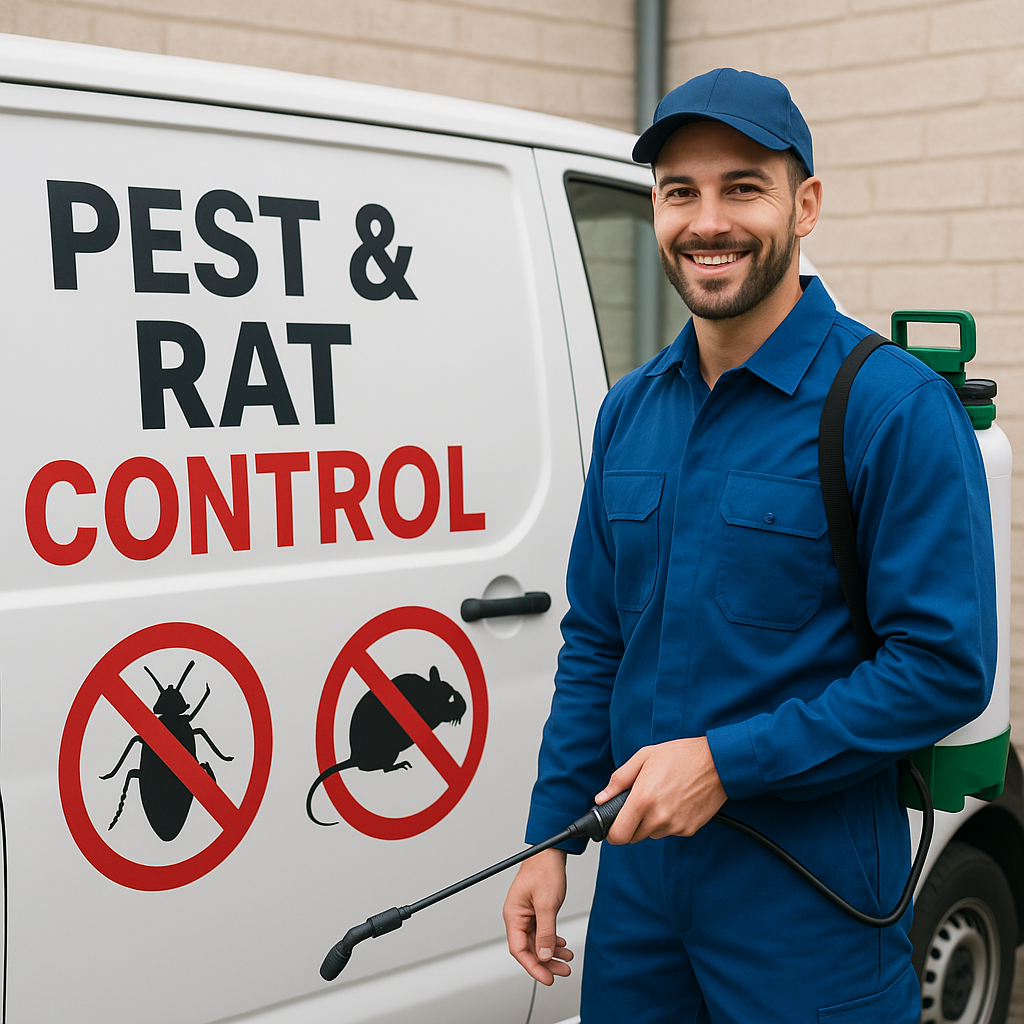Rats are a common problem in New Westminster due to the city’s urban environment and access to food sources. Controlling these rodents requires a combination of prevention, proper sanitation, and professional pest management.
Effective rat control New Westminster involves sealing entry points, removing food and water sources, and using traps or baits where necessary. Ignoring an infestation can lead to property damage and health risks.
Residents and businesses need to act quickly and consistently to keep rat populations under control. Understanding local conditions and using targeted solutions increases the chances of successful rat management.
Effective Rat Control Solutions in New Westminster
Successful rat control depends on correctly identifying the species involved, implementing targeted management techniques, and, when necessary, consulting professionals.
Identifying Common Rat Species
New Westminster mainly deals with two rat species: the Norway rat (Rattus norvegicus) and the roof rat (Rattus rattus). The Norway rat is larger, usually brown or grey, and prefers burrowing near ground level. Roof rats are smaller, black or dark brown, and tend to live in elevated areas like attics or trees.
Identifying the species is critical. Norway rats create burrows with multiple entries, often near garbage or sewers. Roof rats build nests above ground in vegetation or structures. Recognizing these behaviors helps focus control efforts on their specific habitats and habits.
Integrated Pest Management Strategies
Integrated Pest Management (IPM) combines sanitation, exclusion, and population control to manage rats effectively. Removing food sources, such as unsecured trash or pet food, reduces attraction. Sealing entry points like gaps around pipes or vents prevents access indoors.
Trapping is a key non-chemical method. Snap traps placed along walls or known runways catch rats efficiently. Bait stations with rodenticides are used cautiously to limit risks to non-target animals. IPM emphasizes monitoring and adapting tactics rather than relying on one solution.
Professional Extermination Services
In New Westminster, professional exterminators offer thorough inspections to identify infestation extent and rat entry points. They use specialized equipment for baiting, trapping, and exclusion tailored to the property.
Licensed experts follow safety protocols around rodenticides and traps, reducing risks to residents and pets. They also provide ongoing support, including follow-up visits and preventive advice. Hiring professionals is recommended for severe infestations or when DIY control proves ineffective.
Preventing Rat Infestations in Urban Environments
Effective rat prevention relies on early detection, eliminating entry points, and maintaining strict sanitation. These combined efforts reduce places for rats to hide, food availability, and access to shelter. Consistent monitoring and maintenance are key.
Property Inspection Techniques
Regular inspections focus on areas prone to rat activity such as basements, crawl spaces, and exterior walls. Inspectors look for gnaw marks, droppings, and nesting materials. Cracks in foundations, gaps around pipes, and broken vents are common entry points.
Using flashlights and mirrors can help check hidden spaces. Inspections should be done seasonally, especially in early spring and fall when rats seek shelter. Property owners should also check for water leaks, as rats need water sources to survive.
Rodent-Proofing Residential and Commercial Spaces
Sealing all holes larger than 6mm around a building is crucial to keep rats out. Materials like steel wool, metal flashing, and cement are effective for this purpose. Doors must have tight seals and weather stripping to prevent gaps.
Commercial kitchens and storage areas need reinforced doors and screens over vents. Installing door sweeps and repairing damaged screens stops rodents from entering. Maintaining landscaping by trimming overgrown bushes also reduces places where rats nest close to walls.
Safe Sanitation and Waste Management Practices
Removing food waste promptly prevents attracting rats. Garbage bins should have secure, tight-fitting lids and be emptied frequently. Compost piles must be contained and monitored to avoid providing a food source.
Clearing clutter, such as cardboard and wood piles near buildings, limits nesting sites. Commercial properties must comply with local waste regulations and maintain clean loading docks. These sanitation practices significantly reduce rat infestations.


